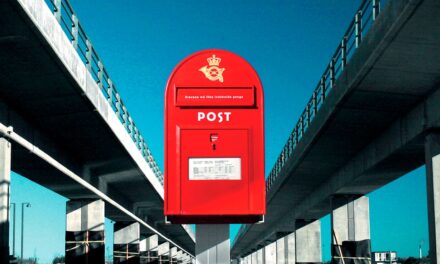
Royal Mail's zonal pricing proposals under fire
Royal Mail’s proposals to introduce a more competitive pricing system have been attacked by mail users and postal operators after the industry regulator launched an inquiry.
The state-owned operator wants to introduce a pricing structure for bulk mail to enable it to charge different amounts depending on the destination. This, it says, would help it to cope with mounting competition from private sector operators.
Launching its inquiry yesterday, Postcomm invited customers and operators to submit comments, warning that it would need convincing about the merits of “zonal pricing”.
“Our recent consultation on the concept of varying business tariffs by destination identified that most major mailers did not want it,” said Nigel Stapleton, the regulator’s chairman. “And some might consider reducing their usage of mail as a result.”
The proposals would mean charging 2.5 per cent more for sending mail to anywhere in Greater London, where costs are 12 per cent higher than the national average. Mail to business districts costs 28 per cent less than average to deliver and Royal Mail is proposing to cut charges 4.9 per cent.
There was anger over the request to charge more for delivering bulk mail inside the M25, which Royal Mail said was necessary to cover higher salaries and the cost of handling congestion.
Alan Halfacre of the Mail Users’ Association said the former monopoly had failed to raise its efficiency in the capital to the level elsewhere in the country.
In its first proposals on zonal pricing, submitted nine months ago, Royal Mail had proposed a 1.7 per cent cut in charges for delivery in the capital. Now it wanted to charge 2.5 per cent more, 4.2 per cent than it had initially proposed – with even larger rises for people living outside built-up areas.
“These increases will en-courage banks, insurers and utilities to move customer billing online. Royal Mail is making itself a problem.”
Royal Mail said its proposals would be cost-neutral, with higher charges in some areas matched by lower prices elsewhere. The cost of sending two-thirds of the mail involved would fall.
But competitors said the move was an attempt to protect the former monopoly from competition by reducing its charges in areas where they could winbusiness.
Operators such as TNT Post of the Netherlands and UK Mail, part of the Business Post group, have won more than 10 per cent of the market for collecting and sorting mail since full competition was introduced at the start of 2006. They now handle 40 per cent of mail produced by the 7,000 largest mailers – passing it on to Royal Mail for final delivery.
“From a retail point of view, the proposals are bunkum,” said Guy Buswell, Business Post chief executive. “You try to find 10 customers who want to pay different rates for John O’Groats or London – there is no demand for this.”
David Sibbick of the Mail Competition Forum said zonal pricing would harm mail as a medium. “If it costs more to send letters to rural areas, major mailers – who are highly cost-sensitive – will look for alternatives.”










![Citizens Advice: We continue to see millions of people chasing lost parcels [and] having their accessibility needs ignored](https://postandparcel.info/wp-content/uploads/2020/12/parcels-440x264.jpg)

